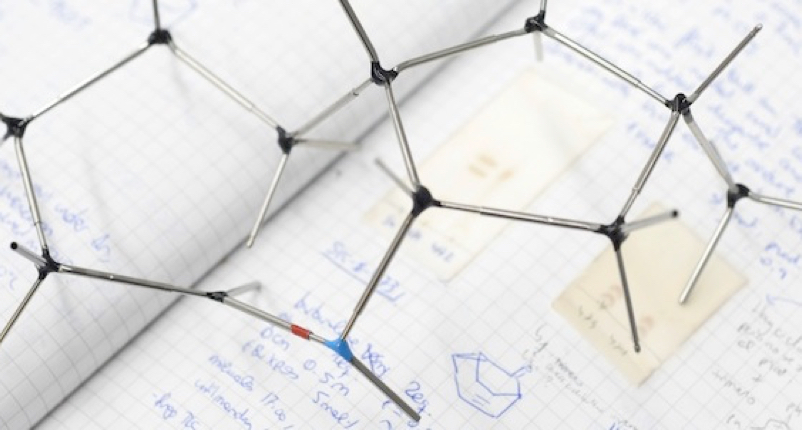Manipulating Intermetallic Charge Transfer for Switchable External Stimulus-Enhanced Water Oxidation Electrocatalysis
Electrocatalytic processes involving the oxygen evolution reaction (OER) present a kinetic bottleneck due to the existence of linear-scaling relationships, which bind the energies of the different intermediates in the mechanism limiting optimization. Here, we offer a way to break these scaling relationships and enhance the electrocatalytic activity of a Co–Fe Prussian blue modified electrode in OER by applying external stimuli. Improvements of ~11% and ~57% were achieved under magnetic field (0.2 T) and light irradiation (100 mW.cm−2), respectively, when working at fixed overpotential, ƞ = 0.6 V at pH 7. The observed enhancements strongly tie in with the intermetallic charge transfer (IMCT) intensity between Fe and Co sites. Density Functional Theory simulations suggest that tuning the IMCT can lead to a change of the OER mechanism to an external stimuli-sensitive spin crossover-based pathway, which opens the way for switchable electrocatalytic devices.

Chalil Oglou, R.; Ulusoy Ghobadi, T.G.; Hegner, F. S.; Galán-Mascarós, J.; López, N.; Ozbay, E.; Karadas, F.
Angew. Chem. Int. Ed. 2023
DOI:
10.1002/anie.202308647

Let's create a brighter future
Join our team to work with renowned researchers, tackle groundbreaking
projects and contribute to meaningful scientific advancements




















